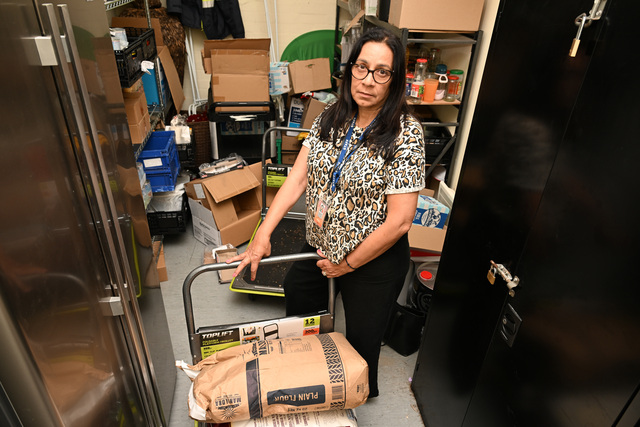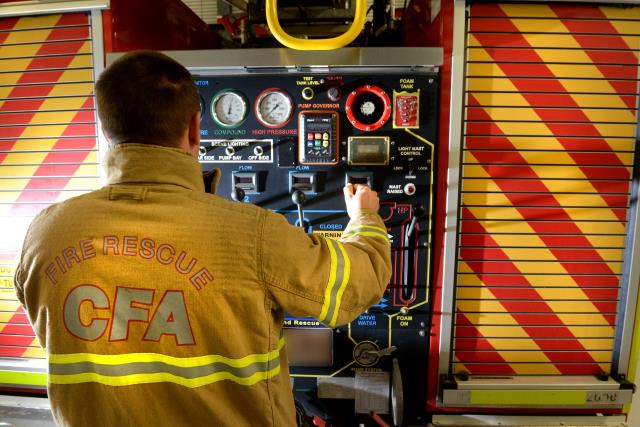Animal welfare groups have expressed shock and disappointment at the state government’s revised code of practice for dog and cat breeding and rearing businesses.
The code, which came into effect on April 11, was introduced following a three-month review and public consultation period.
In December, the government said dogs would have a five-litter limit and must be checked by a vet before and after each breeding session. Changes have since been made to the final version of the code, which now requires dogs and cats to have annual vet checks.
RSPCA chief executive Maria Mercurio said the changes essentially condoned the operation of puppy factories in Victoria. She said the RSPCA was advised of the last-minute changes at 4.13pm on the day the new code came into effect.
“As the peak animal welfare body in Victoria, we are outraged that the Victorian government has reneged on improving welfare for breeding animals, even after receiving more than 30,000 public submissions on the matter,” she said.
Ms Mercurio said the RSPCA was furious that “both male and female dogs can be kept in cages their entire lives, being bred back to back from 12 months of age” and that “vets can certify a female dog to continue breeding after five litters”.
Agriculture and Food Security Minister Peter Walsh said the revised code was far more detailed with new and expanded sections on all aspects of animal welfare.
“The new code delivers a number of major improvements in animal welfare standards. T
hese include breeding limits; health checks; record keeping; nutritional, exercise and socialisation requirements; bans on wire cage floors; and minimum staff-to-animal ratios. The new code also has clear euthanasia guidelines that ban the use of blunt-force trauma,” he said.
Non-compliance penalties include fines of up to $35,512, bans of up to 10 years on owning animals and confiscation of animals.
Second Chance Animal Rescue co-ordinator Marisa Debattista, welcomed the revised code. She hoped the new rules would make “backyard breeders and puppy farm establishments think twice”.
















